As part of our ongoing series of interviews with contemporary female writers, Millie Walton speaks to Priscilla Morris about her debut novel Black Butterflies, which has been shortlisted for this year’s Women’s Prize for Fiction.
Black Butterflies is set during the siege of Sarajevo and draws on Morris’s own family history as well as first-hand accounts of the war told to her by locals she met during a period of living in the city. Here, she discusses the challenges of writing the book, the authors that inspired her and her next project.
Lead image courtesy of @panatripping
Black Butterflies is your first novel. How did it all start?
My mum is from Sarajevo – she left when she was 19, ages before the war started, but my grandparents and most of her relatives were stuck out there. I was 19 when it began and the phone lines went dead; we couldn’t contact them for five months. Each night we’d watch the news and see these awful images of snipers shooting people in the street while food supplies were dwindling. And for me, those images clashed horribly with my childhood memories of going to visit my grandparents in Yugoslavia, which to me was this colourful place of warm, happy people – of course, a bit idealised by my child’s mind. My mother’s family were of mixed heritage – Bosnian Serb, Muslim, Slovenian – so to see everyone suddenly fighting one another, was awful and incomprehensible.
Portrait of Priscilla Morris, writer, by Conor Horgan. September 2021
It was several years later that I was told by my mother the story of my great uncle who was an artist. During the siege, he lost his life’s work in a fire. He managed to escape, came to England and started painting again. My mum told me this story at my grandfather’s funeral and I remember turning around to see this man wearing a brightly coloured check shirt with a daffodil in his lapel. To me, he seemed like the epitome of resilience. He’d lost everything he knew, his friends, his home, and what kept him going was his art. It was that little moment that sparked in me the desire to write his story in some way. Many years later, I started writing. In Black Butterflies, it is a much younger woman, Zora, who is the female protagonist and the circumstances are different but I kept certain elements. It was born out of a desire, I think, to explore family history, art and resilience but to also understand the war on some level.
How did the story evolve during the writing process?
I did actually start with a male protagonist but I found I couldn’t really move away from my great uncle’s story and I didn’t want to write a memoir, I wanted to write a novel. It was about a year and a half into the writing when Zora came to me and with her arrival, a lot of things started changing. Without wanting to give away any spoilers, there’s also someone who dies in the novel and who was changed as I wrote it. The ending of the story also changed – I originally thought I would write beyond the point where it ends.
How did you transport yourself back to 1992 and to Sarajevo under siege?
I had a source of childhood memories of the landscape and things that really inspired me; walking in the mountains, the cobbled streets of Sarajevo, eating my grandmother’s baklava, and things like that, but I didn’t live through the siege so I did a lot of reading. But I think my main source of knowledge was speaking to people directly. Both my great aunt and uncle, who have now passed away, were very forthcoming with long phone and face-to-face interviews. I also went and lived in Sarajevo for five months.
That time was very useful in terms of getting a really strong sense of the geography of the city and I also made quite a lot of good friends, who didn’t open up to me until literally the week before I left. It’s not an easy thing to talk about and I suppose they suddenly realised I was going. It was this incredible week because it was about minus ten degrees and there was thick snow everywhere so I could really imagine what it was like in the heart of the winter without heating for the characters, and the people of Sarajevo. These friends, about four of them, sat me down night after night and just talked for hours about their experiences of the war. I didn’t want to take notes or anything because it felt a bit intrusive so I just listened. The next day I would write and write. Quite a lot of their stories have made it into the book, and there are several characters based on people I met. I was very concerned with capturing what really happened and what it was like to live in Sarajevo at that time. I showed the manuscript to one or two of them before it was published.
Was there a particular story that stuck with you?
What immediately springs to mind is a scene in the book when Zora is delighted that it’s snowing. They don’t have any water, so when it starts snowing, she thinks, ‘Oh, fantastic. I’ll put out all these pots and pans, catch the snow and it can melt and we’ll have water.’ And then, of course, it all melts and freezes again and turns into this dirty slush that you can’t really drink. That story is something someone told me and the disappointment she described feeling really stuck with me.
Were there any books or authors that you found particularly helpful when writing Black Butterflies?
Definitely. I read a lot because I was working on this book for about 13 years. One of the most useful novels I read is called Lodgers by Nenad Velickovic. It’s in translation and he wrote it in the first year of the siege on scraps of paper on the front line because he was a soldier and they were running out of paper. It’s really fantastic, very sad and darkly humorous. It gave me a real insight into life under siege. There’s also The Cellist of Sarajevo by Steven Galloway, Love and Obstacles by Alexander Hemon, a fantastic Bosnian writer, and Téa Obreht who wrote The Tiger’s Wife. Catch the Rabbit by Lana Bastasic is also fabulous – I really recommend it.
View this post on Instagram
How did you stay motivated over 13 years to keep working on the same project?
That’s a good question. At times it was so harrowing, especially after the time I spent in Sarajevo, coming back with all these stories which took me about a year to process. I got a bit depressed thinking, ‘What am I going to do with all this?’ And it’s not the happiest topic to be writing about, but I think what kept me going was just this real belief in the importance of the story. I also felt like I had a responsibility to the people I’d interviewed to write their stories.
What was the most challenging part to write?
The beginning. I rewrote it so many times. I knew where I wanted to start but it was more about what information to present to the reader and in what order. I was aware that a lot of readers wouldn’t necessarily know much about Sarajevo but I didn’t want to whack people around the head with information, I wanted to draw them into the story and set up the characters. It was a balancing act.
What are you working on now?
My second novel. It’s about a woman who’s 49 and a teacher who finds herself quite invisible and voiceless at the cusp of her menopause. It’s about late blooming. I’m really enjoying writing it and this one will be a lot quicker to finish – it won’t take 13 years!
Quick fire questions:
Favourite childhood book?
The Little Prince, which I just loved and continue to love.
What are you currently reading?
Demon Copperhead by Barbara Kingsolver.
What is the best piece of writing advice you’ve ever been given?
Keep going! It’s all about perseverance.
Ideal writing setup?
I have a lovely big dining table in a quiet room with a view of an oak tree. It’s very peaceful there and also feels quite spacious.
We may earn a commission if you buy something from any affiliate links on our site.






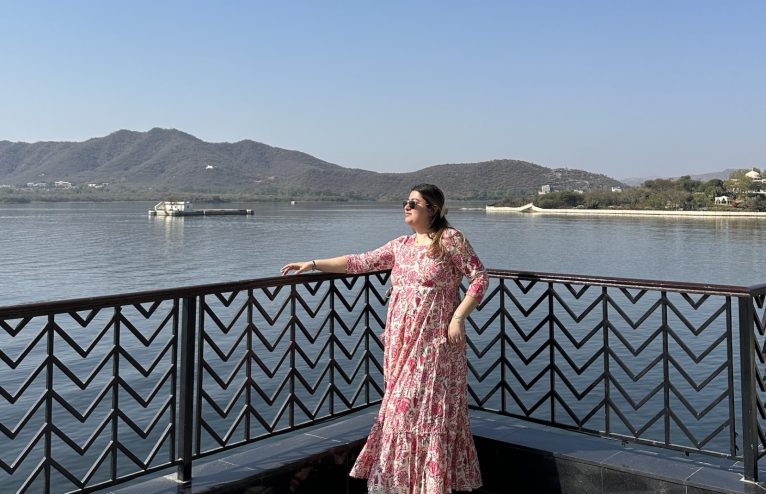








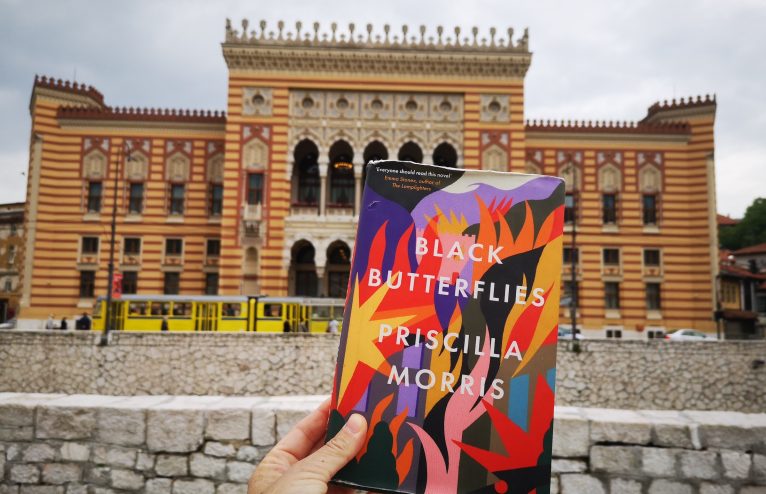
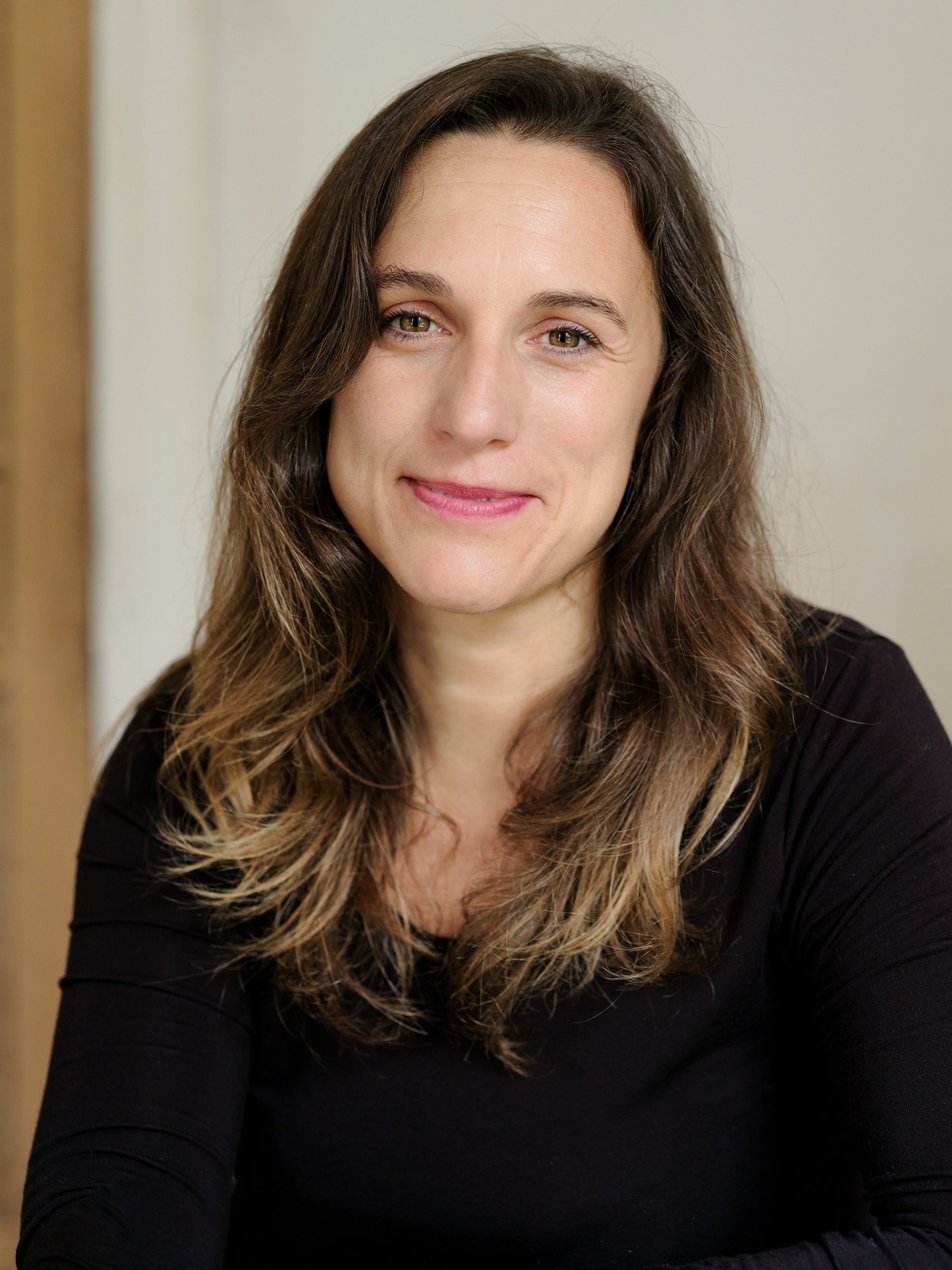
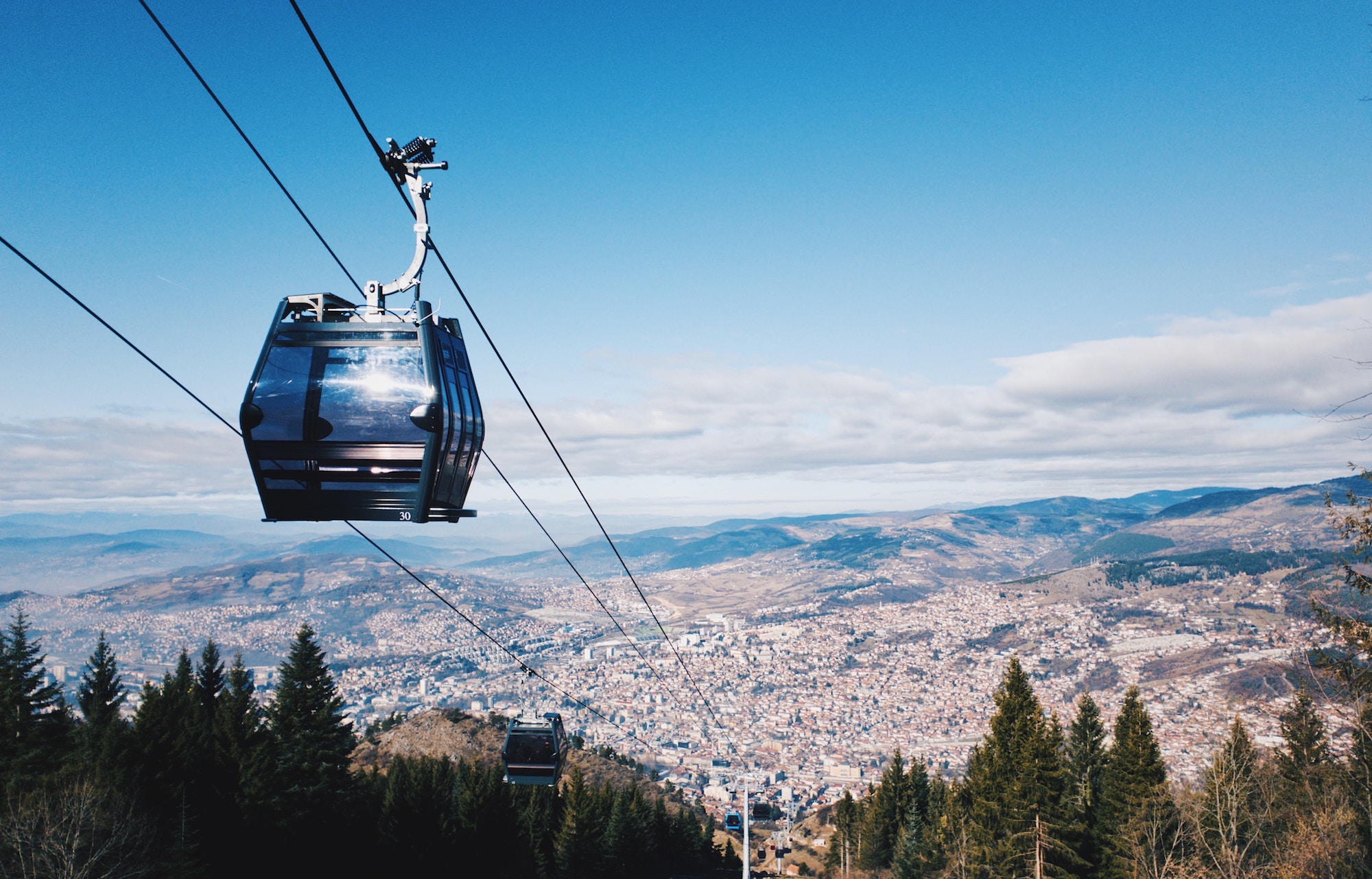
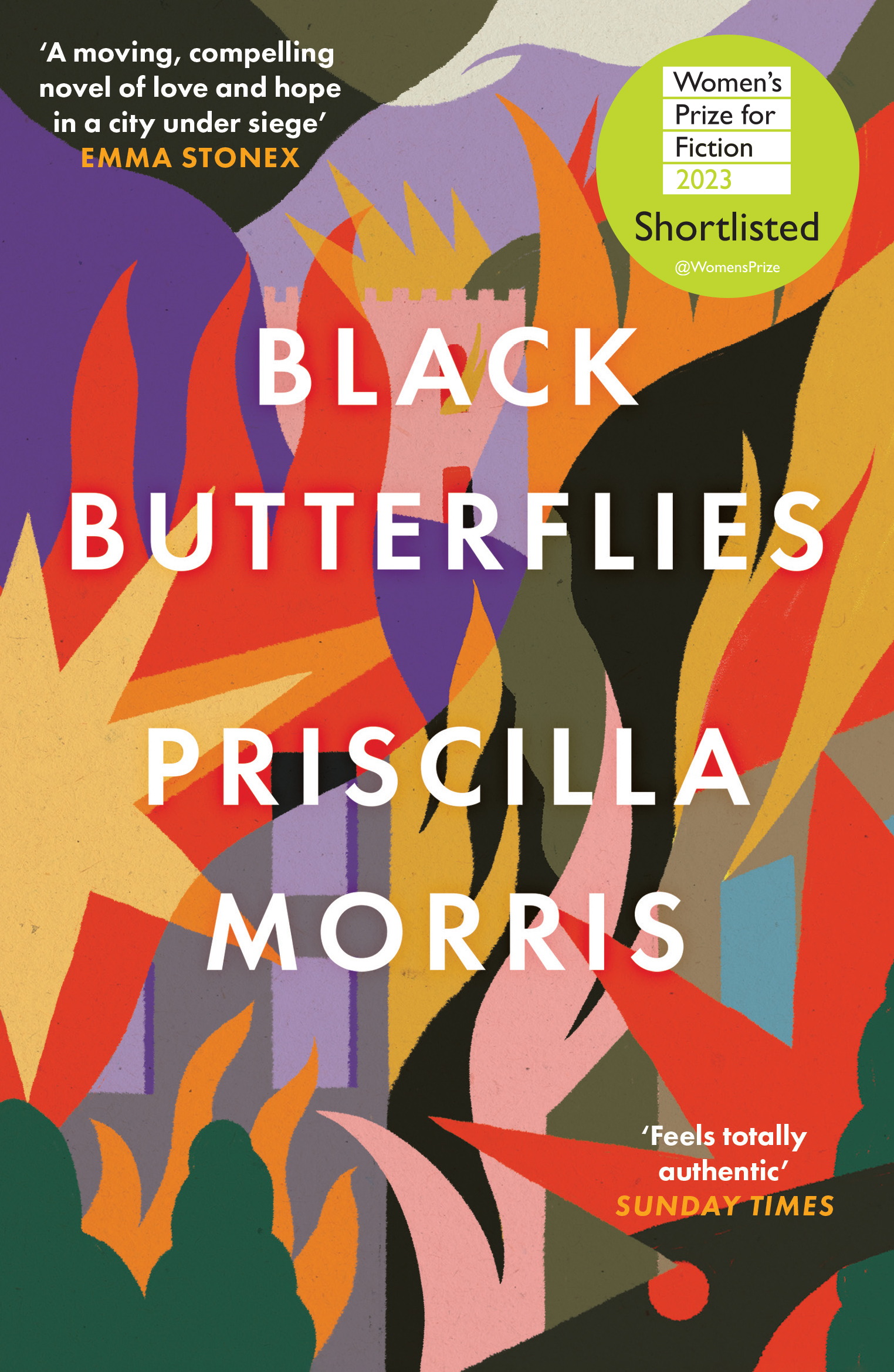





Any Questions or Tips to add?